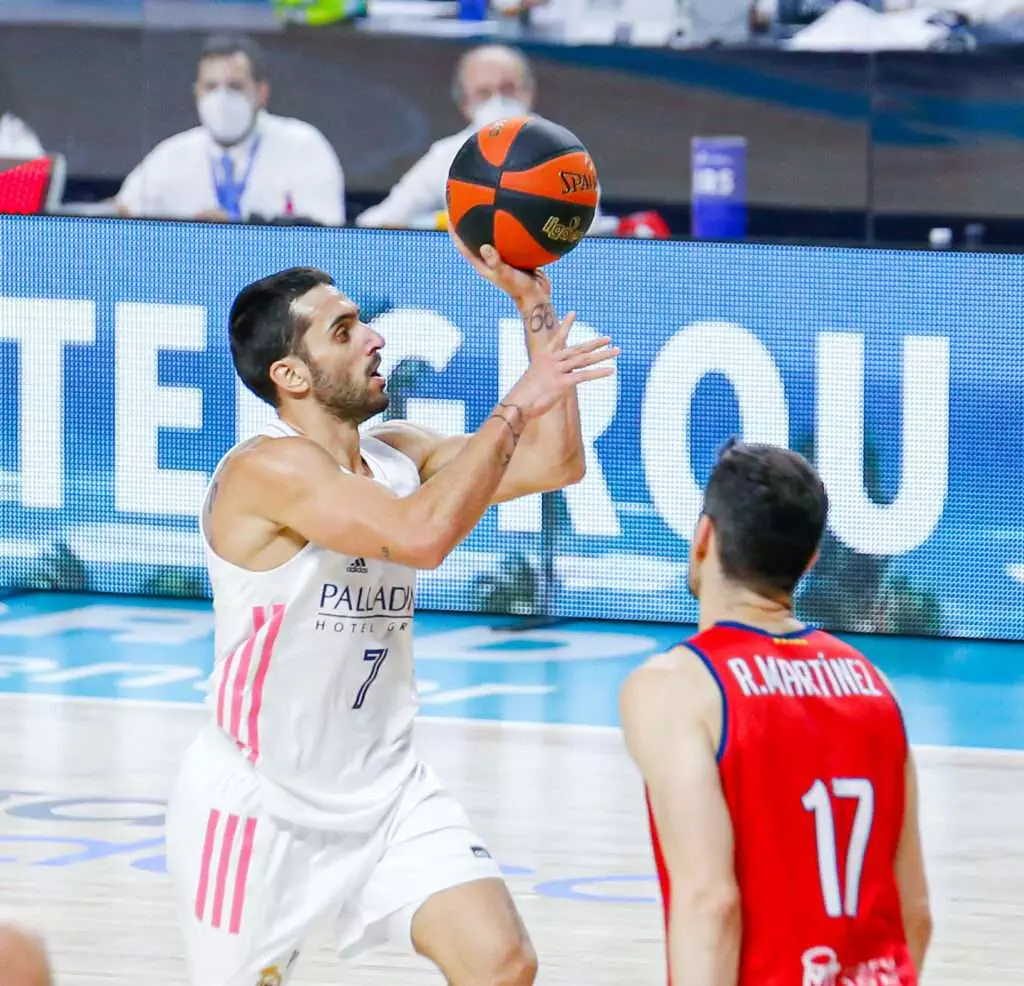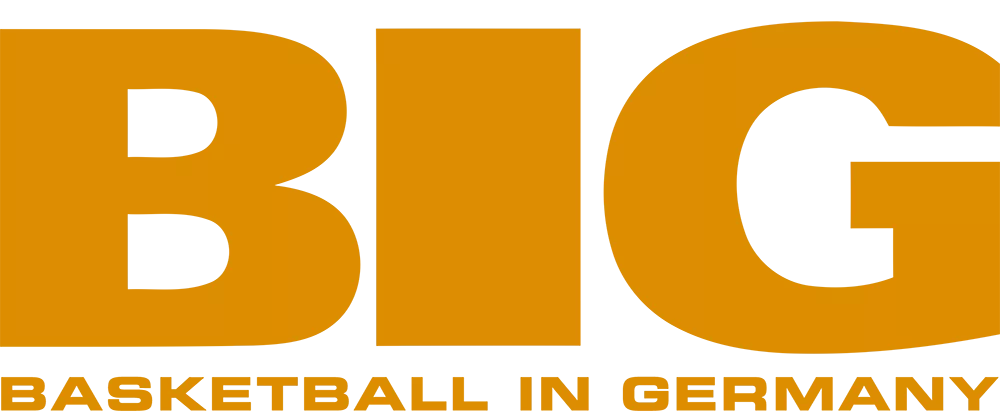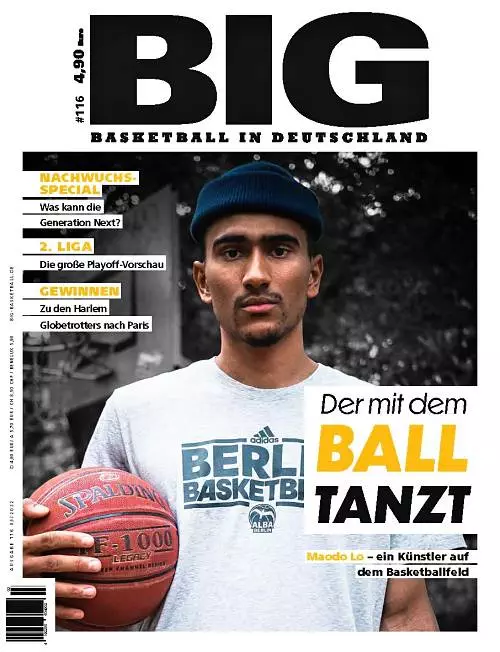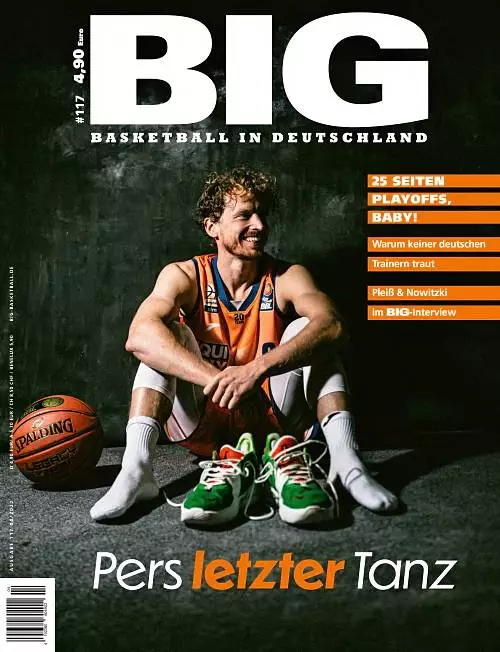
David Pick | Nr. 61
Warum Campazzo bis März zuschauen muss | David Pick über die Sperre der EuroLeague gegen Roter Stern Belgrad und ihre Folgen.
FIBA bans, debts, unpaid commissions and sanctions have been the main topics of discussions in recent Euro-hoops media circles. The life of basketball players and agents seem sparkling and glamorous on the outside, as if it’s all parties, dinners and courtside seats, but that’s honestly not the case. That’s not reality. I don’t know how most agents operate or carry themselves, but I know enough to take care of a client. When I go out to dinners or meetings with clients, regardless of their entourage, I pick up the tab. Add that to travel, hotels, taxis, car rentals … such a life can eat you alive. Not only that. If I were single and living large I probably wouldn’t have too many expenses on the side. But the reality is there’s no massive company behind me that sends a monthly check or covers my expenses for recruiting or client management. I’m a one man show.
Unlike the NBA, the European format of collecting agent fees is different. In the NBA the players pay the agents a percentage of their contract value (up to 4%). In Europe, the agent fee most times comes from the team (5%-10%). The club pays the agent upon issuing an invoice for securing a deal. However, there are occasional tweaks. CSKA Moscow aren’t authorized to pay foreign agents so they add the fees on top of the player’s salaries, and the player then pays the agent. Similar formats go for most clubs in Romania, and now it’s moving into Hungary also.
Sieh dir diesen Beitrag auf Instagram an
This format puts agents in tough spots. Who does the agent ultimately work for? For the player for free? For the clubs that actually pay? I’ve been in situations where clubs refused to pay agent fees (e.g. Zastal Zielona Góra) haven’t paid my fees since 2020, nor have they paid my client Cecil Williams. Mornar Bar hasn’t paid agent fees since 2021 and owes Trey Lewis his settlement fee of $8,000. Williams hired a lawyer and took the Polish club to court and squared off the debt. Re: Mornar – I’m not sure either of us will ever see this money. Crazy enough, the head coach recently reached out to me for available players. I told the coach I’d consider working with him again, but Lewis‘ outstanding salary and the agent fees must be covered FIRST. I haven’t gotten positive feedback nor have we been paid.
This isn’t uncommon though. Besiktas and Afyon owed several players at some point a lot of money. Greek clubs such as AEK Athens, Aris Thessaloniki and Apollon Patras also have been indebted to players and agents. But what causes clubs like AEK or Red Star Belgrade and others to ultimately square off all debts?! Clearly going to BAT and receiving the award doesn’t always do the trick.
There are 101 situations that lead to clubs playing dirty. I don’t need to go too far with examples. Remember when Braunschweig tried to use an old doping test to get rid off Trevor Releford?! According to BAT’s decision after a legal dispute between both parties, Releford was awarded close to 150,000 Euros. Keep in mind Braunschweig isn’t some low level amateur club in a random low level league. This is a NBA-star, Dennis Schroder-owned organization in the TOP German Association that sports not ONE but TWO EuroLeague teams.
(Dreiteilige) Richtigstellung von Chefredakteur @martinovic13 im Hinblick auf die „1st Pick“-Kolumne in #BIG125 👇 https://t.co/jiX7koKFCf
— BIG – Basketball in Deutschland (@BIG_Deutschland) January 27, 2023
Teams will generally pay debts when it suits them or when they’re being pushed against the wall, because desperate times call for desperate measures.
In August 2021 FIBA published that AEK led all clubs with 14 bans of outstanding payments, just one more than Turkish club Trabzonspor (13 bans). A year later, that number ballooned to 24 cases, but AEK had supposedly settled those debts before receiving two additional bans on the grounds of settling its agreements in principle, but not fulfilling the payment schedule. Prior to the 2022-2023 season AEK was off the list of FIBA sanctioned clubs, however since returning again to its old ways, FIBA declined international transfers and LOC (Letter of Clearance) resulting in the inability of the club to register players. Needless to say – at that point – AEK paid.
Crvena Zvezda was globally known for having one of – if not THE BEST – home crowds. It’s also globally known as the club that dug D-E-E-P into its pockets to land not ONE, but TWO recent NBA guards, making a massive splash in EuroLeague waters with the additions of the flashy Argentina duo Luca Vildoza and Facu Campazzo.
However, the celebration was short-lived. Red Star became loser of the first crisis in the post Jordi Bertomeu era. In what appears to be a shock to the club, the EuroLeague banned CZ from adding players or coaches until March 2023. Wait. WTF?!
The EuroLeague sanctioned Red Star in a result that led to the suspension of Campazzo until round 25. With all due respect to the ABA League, that wasn’t the reason the star-PG left the NBA. Per EuroLeague: “EuroLeague imposed a sanction of prohibition to register new players and coaches and a fine of €25,000 for severe violation … The imposed sanctions consider the severity of the infractions, which included having overdue payables with players from current and previous seasons, as well as providing untrue or inaccurate information, allowing the club to take undue competitive advantage and to continue with its normal operations despite an irregular financial situation.“
The EuroLeague Players Association (ELPA) blasted a statement saying it’s crucial that the judicial bodies of the EuroLeague make decisions within a reasonably short timeframe but that this has not happened in the present case, which has created an unwanted level of uncertainty for Campazzo. The 25K sanction and bans on registering players doesn’t affect the player, who cannot exercise his profession at the highest level without any fault of his own.
Meanwhile Nemanja Nedovic and teammates took over social media with a campaign to #FreeFacu, while the ELPA will push to implement improvements to the rules to avoid a repeat of this case in the future.
CZ responded immediately stressing that all debts and outstanding payments have been made in full, without exception, urging EuroLeague officials to lift the ban. It’s unknown and unclear if the debts were settled prior to the sanction or later, as a result of it – but it’s tricky the FIBA granted the player his LOC to play in the ABA League, but a “private league” like the EuroLeague is handcuffing Campazzo to the bench.


